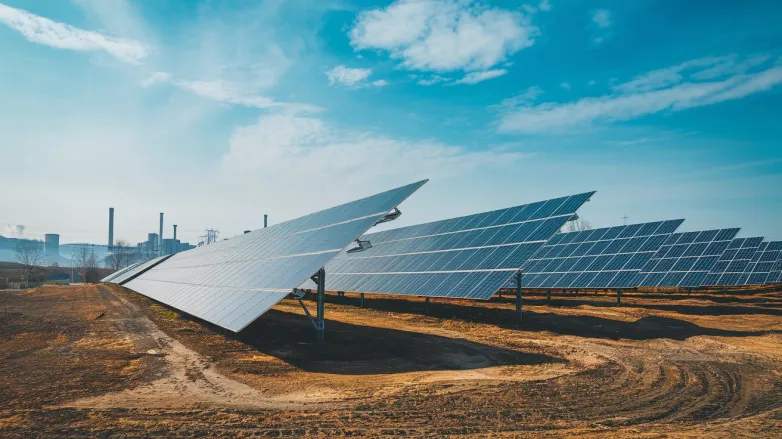ALLETE Expands Minnesota Solar Fleet by 200 MW
- Minnesota Power is powering up with 200+ MW of new solar parks, advancing toward a greener future and commitment to 80% renewable energy by 2030!

Minnesota Power, a subsidiary of ALLETE Inc., announced plans to expand its solar energy fleet by over 200 megawatts (MW) with the construction of two new solar parks in northern Minnesota. These projects won in the utility's 2023 solar request for proposals and are expected to be operational by mid-2027, pending approval from the Minnesota Public Utilities Commission.
The Regal park will feature 119.5 MW capacity with 255,000 bifacial solar panels over 800 acres, while the Boswell solar farm will add 85 MW through 180,000 bifacial modules. CEO Josh Skelton emphasized that these developments will help achieve Minnesota Power's goal of over 80% renewable energy by 2030 and comply with the state's carbon-free energy mandate by 2040.
What are the key details of Minnesota Power's new solar park expansions?
- Project Overview: Minnesota Power plans to add over 200 megawatts (MW) of solar capacity through the construction of two solar parks: Regal Solar Park and Boswell Solar Farm.
- Location: Both solar parks will be situated in northern Minnesota, contributing to the region's clean energy landscape.
- Capacity Details:
- Regal Solar Park:
- Capacity: 119.5 MW
- Solar Panels: Approximately 255,000 bifacial solar panels
- Area: Covers over 800 acres of land
- Boswell Solar Farm:
- Capacity: 85 MW
- Solar Panels: Utilizes around 180,000 bifacial modules
- Timeline: The projects are intended to be operational by mid-2027, contingent upon receiving the necessary approvals from the Minnesota Public Utilities Commission.
- Energy Goals: These expansions align with Minnesota Power’s commitment to achieving over 80% renewable energy by the year 2030 and supporting the state’s goal of a carbon-free energy supply by 2040.
- Environmental Impact: The proposed solar parks are part of a broader initiative to reduce greenhouse gas emissions, enhance sustainability, and promote cleaner energy sources in response to climate change.
- Technology Utilization: The use of bifacial solar panels, which can capture sunlight on both sides, is expected to increase energy efficiency and output compared to traditional panels.
- Community Engagement: Minnesota Power is likely to engage with local communities to provide information and potentially foster local job creation related to the construction and maintenance of these solar facilities.
- Economic Benefits: The expansion is anticipated to bring economic development opportunities, including investment in infrastructure and potential job creation in the renewable energy sector, particularly during the construction phase.
- Future Aspirations: These solar projects reflect Minnesota Power’s ongoing commitment to integrate innovative renewable energy solutions, positioning the company as a leader in the transition to a more sustainable energy future.
- Public Support: Stakeholder engagement and public support efforts may be employed to ensure community awareness and to address any concerns regarding project implementation and land use.
- Regulatory Process: The plans must undergo a thorough regulatory approval process, which involves scrutiny from the Minnesota Public Utilities Commission to ensure compliance with state energy policies and environmental regulations.
Also read

